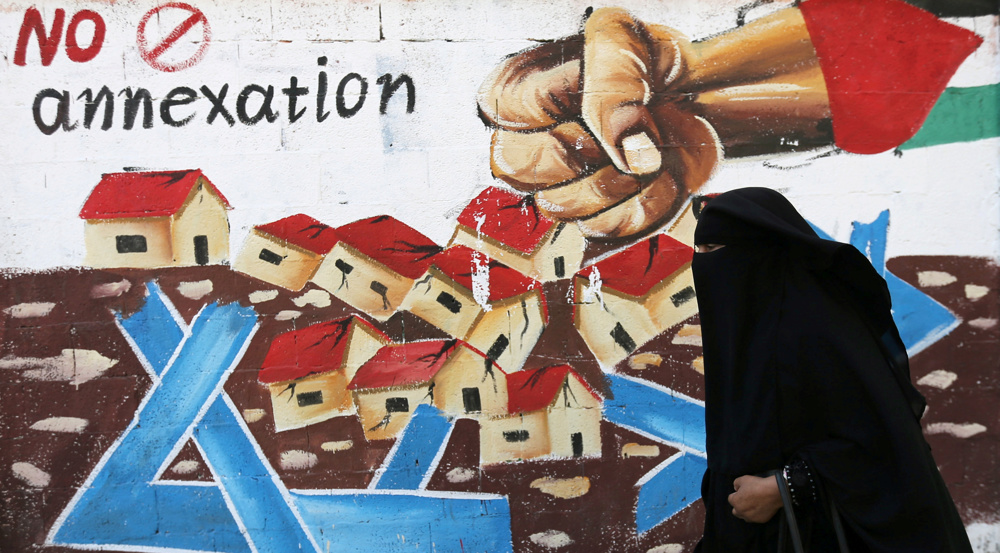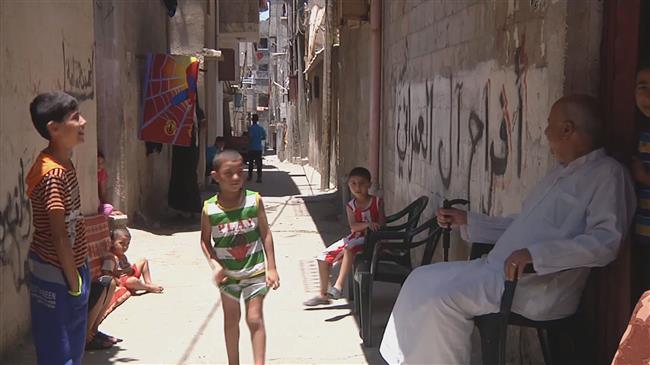1100-year-old gold coins unearthed in occupied Palestine
A treasure trove, including hundreds of gold coins dating back to around 1,100 years ago, has been discovered during excavations in the occupied Palestinian territories.
The collection of 425 early Islamic, 24-carat gold coins was unearthed by teenage volunteers on August 18 during an excavation in the occupied territories.
The coins have been found in an area which once housed the Palestinian village of Yibna, which had a population of 5,420 in 1948. However, it was taken by Israeli forces on 4 June 1948, and was depopulated during the occupation and expulsion.
The gold coins date back to the late 9th century at the height of the once-powerful Abbasid Caliphate, which controlled a lion's share of the Near East and North Africa.
The inscription on the coins reads, “There is no god but God alone; He has no partner with him and Muhammad is a messenger of God.”
The trove also included hundreds of smaller clippings, made from other gold coins, that would have served as smaller denominations of currency.
The mysterious owner of the treasure trove has hidden the coins in an area that, during the Abbasid period, is understood to have been populated by workshops.
Archaeologists say the coins would have been worth a significant amount of money at the time they were stashed.
“For example, with such a sum, a person could buy a luxurious house in one of the best neighborhoods in Fustat, the enormous wealthy capital of Egypt,” says Robert Kool, a numismatist.
The discovery represents one of the largest collections of ancient coins ever found within the occupied Palestinian territories.
Iran's Armed Forces warn EU of ‘consequences’ of IRGC designation
Iran FM: EU’s blacklisting of IRGC a ‘major strategic mistake’
EU blacklists IRGC in legally flawed move irrespective of consequences
VIDEO | Press TV's news headlines
VIDEO | Afghanistan opens first specialized cancer hospital
Trump officials held secret talks with Canadian separatist group: Report
VIDEO | Pakistan’s legal community condemns UNHRC anti-Iran resolution
Resistance groups announce volunteer recruitment to defend Iran














 This makes it easy to access the Press TV website
This makes it easy to access the Press TV website